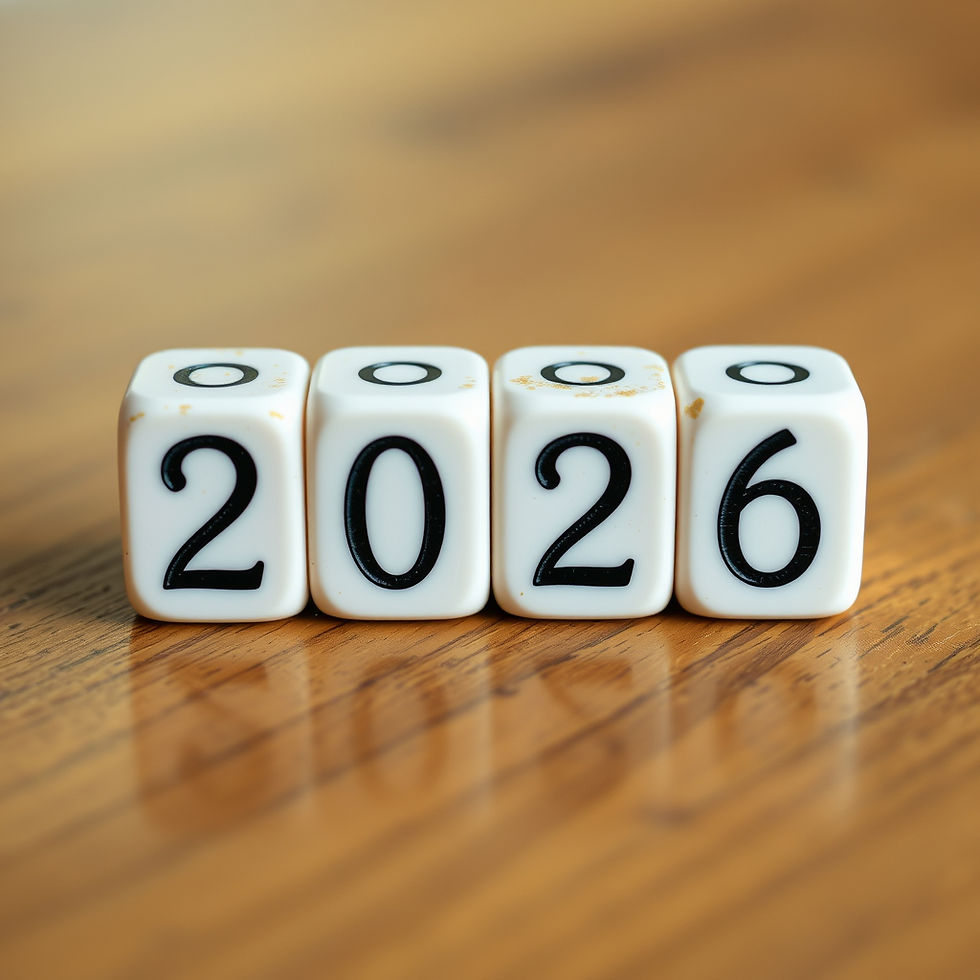We Don't Need Another Hero
- Feb 16, 2022
- 4 min read
People say you should never meet your heroes.
Why is that?
They're human (or imaginary, but that's outside the scope of this discussion).
Real life heroes have real life behaviors that can cause real life problems.
What is it that makes a person heroic? What traits to people have that we admire? It may be that the person has amassed great wealth through their talent or ingenuity. Possibly an individual has started a philanthropy that has saved countless lives. A hero might be a person who has accomplished uncommon things from a very meager beginning.
No matter the definition, the idea of a hero is someone we can look up to.
Hold that thought.
A few years back, I got all doctored up and earned a PhD. I didn't think much about it at the time, but people have strong opinions about this. "You don't get to be called 'doctor' unless you cure people." "Your degree just means you paid more for your education than I paid for mine." "You should make everyone call you 'doctor' everywhere, all the time."
While I appreciate the work I put in and the accomplishment, it means that I demonstrated tenacity toward a very specific topic for a period of several years. It doesn't mean that I'm better than anyone else, smarter than anyone else, or less able to be educated than anybody else. People have strong opinions that can only be shaken through a demonstration of behavior. I've heard people say they would never hire a PhD. The rationale being that PhD's think they know more and are more interested in being seen as right and the expert.
I wish I could say without reservation, "That's not true." The hitch is that some people with an assortment of letters behind their name think that their accomplishment earning a degree focused on a single question in a single discipline gives them some sort of insight to EVERYTHING else and they don't hesitate to share their insights no matter how ill-informed or misguided. I have been described as quite humble and very interested in learning. I do not think I'm an anomaly, but the few docs who just can't help but "Well, actually" their way through life make it rough for those of us who would rather say, "I'm not familiar with that, please tell me more."
I was taking some ribbing from a colleague not long after my doc diploma came in the mail. She was teasing me about not knowing how to spell a word; whatever that word was. She joked, "Where'd you get your PhD!?" I replied, "Not at a spelling bee." The slight jab by me was to say that that diploma doesn't mean I know everything about everything. I'm just a person who accomplished a thing.
What's this have to do with heroism? There are more than a few people who tell me to fly my doc flag proudly. I kind of do. It's on my business card, my LinkedIn profile, and my website. But when I meet someone, one of my first comments is "Thank you for the formality, but 'Sam' is just fine." I want to make sure that the people I interact with know I'm just another person, achievements, strengths, weaknesses, flaws, and all.
When people look to other people to be heroes, they are looking for a model for aspiration. Unfortunately, it can be very difficult to compartmentalize HOW that person's heroism should be interpreted. Many men who are generally considered to be heroes have the philanderer's flaw. Does that make them any less awesome at building a software empire, boxing, composing, or franchising? Nope. But it does indicate that maybe they aren't the right role model for all things human.
There are more than a few autobiographical hero books. Overcoming unbelievable odds to earn unbelievable achievements to become unbelievably centered and righteous. In many cases the key word is "unbelievable." Why pick a hero if, at some point, their human-ness is going to show and let us down?
One answer is: dont.
Don't pick a hero. Why pick one person to be the example you aspire toward. Why not select traits to emulate?
If you're looking for inspiration, look in many areas. Look in spaces that are obvious and look in spaces that don't seem connected. An athlete might look to a leader in their sport for technique and skills but a leader in another sport for drive and work ethic. The benefit is being able to learn from other exceptional people who aren't bound just by your discipline. And, if one of those people turns out to be an embezzling jerk, then you've got others to emulate. Unless you're an aspiring embezzler who wants fewer friends, then maybe you have found your hero.
We want heroes because someone has achieved what we want. Someone has created the path we can follow, or at least use as a starting point. But once that hero shows an imperfection, the temptation is to abandon them. Maybe that's the right call, depending on the imperfection. Regardless, having a person to look to as a version of a mentor or guide isn't a bad idea.
We don't need another hero. We need to observe fellow flawed humans who may have done heroic things. By doing so and persisting, we may just become the flawed human doing heroic things that inspires someone else to take action.





Comments